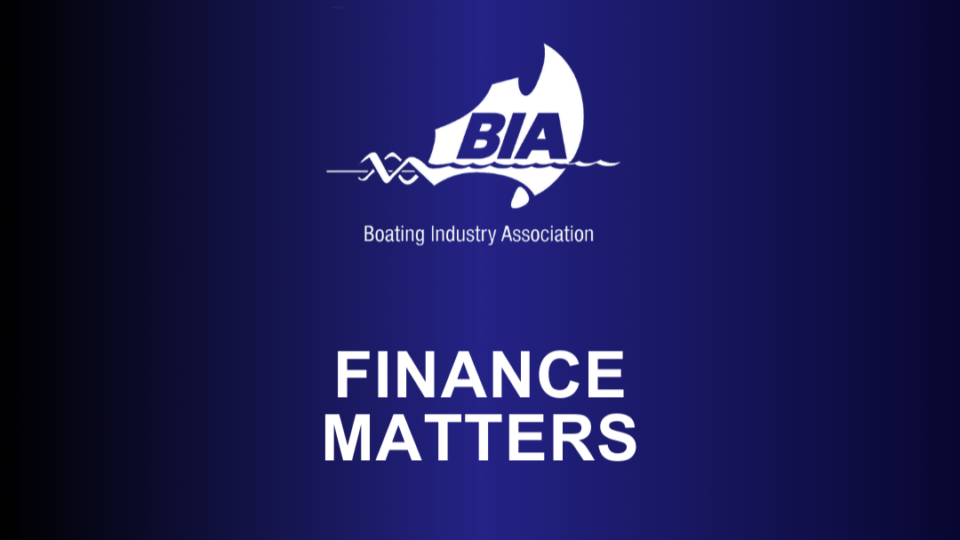
The ATO reports that email scams are up 300%, so protect yourself from a financial and emotional toll by protecting your identity.
As a business owner, keeping your employees, customers and yourself safe from scams is a necessity. Get it wrong and the consequences could be significant.
ATO impersonation email scam reports have increased by over 300% from this time last year. At tax time we generally see more scam reports as scammers know this is when you expect to hear from us.
Scammers send fake messages trying to trick people into handing over personal information. Once they have your details, they can steal your identity and commit fraud in your name. Scammers know you’re busy and probably distracted wrapping up end of financial year activities, so they’ll ask you to respond quickly so you don’t take the time to verify the interaction.
Use these 3 simple steps to protect yourself against scammers this tax time:
- Stop – Never share your myID or ATO online services login. Only share personal information such as your TFN or bank account details, if you trust the person and they genuinely require them. If in doubt, don’t disclose anything.
- Check – Take a sec to check. Ask yourself: could this be fake? Is it really the ATO? If a link or QR code is directing you to provide information, or to log into an online portal, DON’T click on it!
- Protect – If something doesn’t feel right, or you notice unusual activity, act quickly.
Remember:
- The ATO may send you an SMS or email asking you to contact us, but they NEVER send an unsolicited message with a link asking you to
- return personal information
- log into our online services.
- The ATO has a Facebook, Instagram, X and LinkedIn account, but we’ll NEVER use these platforms to ask you to provide personal information, documentation, or for payments.
Recovering from identity theft is stressful and can impact your businesses reputation.
Other General Business processes’ and policies to have in place may include;
- Cyber Insurance
- Directors and Officers / Professional Indemnity Insurance
- Dual signatory processes’ in place for any online bank payments and proper bank account checking routines
- Staffing policies for social media and computer use generally
- IT systems and networks, consult with your IT advisors on best practice platforms
- Authentication apps and ‘dual’ login systems in place
